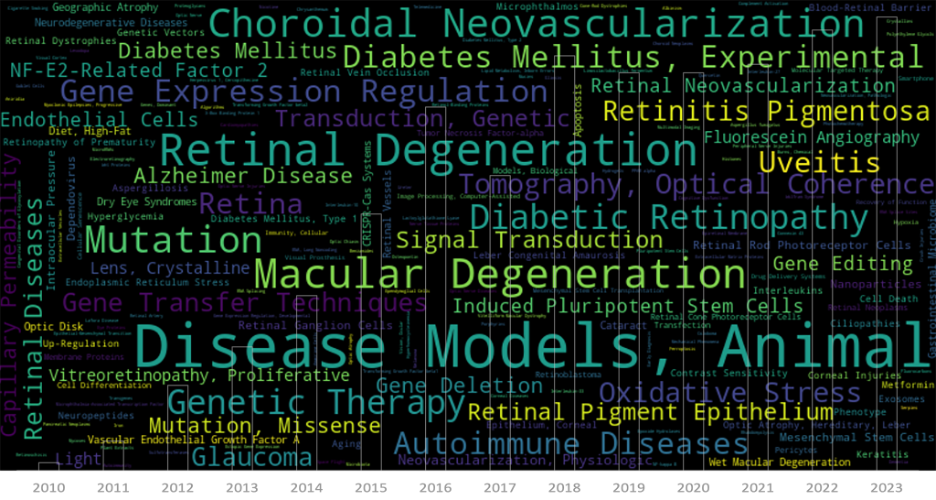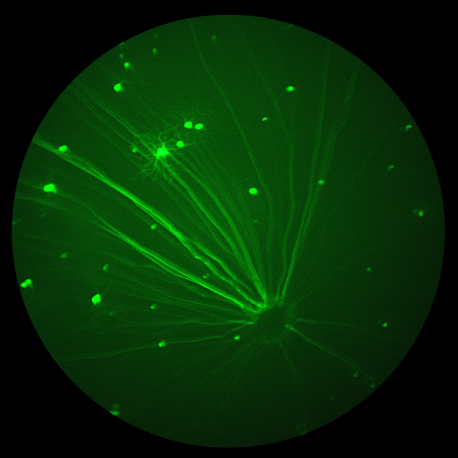Perform segmentation and data analysis from your desk, not the imaging station. Lab space isn’t always the best place to work with your study images and data. Between PPE requirements, access restrictions, and competition for imaging time, the lab can slow down your analysis workflow. MICRON Review Station changes that. What It Does MICRON Review […]
10.04
2025
Phoenix-Micron announces MICRON® Review Station
Moving image review and documentation out of the lab and onto your desk. Lab space is not always the best place to work with your study images and data. Access restrictions, PPE requirements and competition for lab. time make this inconvenient. MICRON Review Station allows you to take your images and data out of the […]
27.08
2024
Celebrating Children’s Eye Health and Safety Month
As Children’s Eye Health and Safety Month comes to a close, we want to shout out to all the researchers that are conducting groundbreaking pre-clinical studies, worldwide, to pioneer advancements in pediatric eye health. To all of you, thank you for your incredible work that is paving the way for better outcomes and brighter futures […]
23.04
2024
Phoenix-Micron Enhances OCT Imaging with AI-powered OCT Segmentation
Phoenix-Micron, Inc. and ArtiKode Intelligence Collaborate to Bring Automated, AI-Powered OCT Segmentation to MICRON Software Suite Bend, OR, USA – April 23, 2024 – Phoenix-Micron, Inc. (“Phoenix”), recognized globally for its leadership in in vivo ophthalmic imaging of small animals, today announced a collaboration with ArtiKode Intelligence (“ArtiKode”), a Valencia, Spain-based innovator in artificial intelligence (AI) […]
08.04
2024
MICRON Imaging Systems: Powering 900 Scientific Publications
The ability to see the world around us is a gift that’s easy to take for granted, until it’s threatened by the onset of a devastating eye disease. For those facing the reality of vision loss, ophthalmic research represents a beacon of hope, offering the promise of new treatments and therapies to preserve or restore […]
16.08
2023
Small zebrafish are impressive, effective models for studying endotoxin induced uveitis
Researchers at Henan Province Eye Hospital in China have made great strides in studying endotoxin-induced uveitis (EIU) by creating a novel EIU model in zebrafish. Uveitis is an ocular inflammation and one of the main causes of visual impairment, accounting for 10-15% of global blindness. Mice have typically been the research animal of choice however […]





